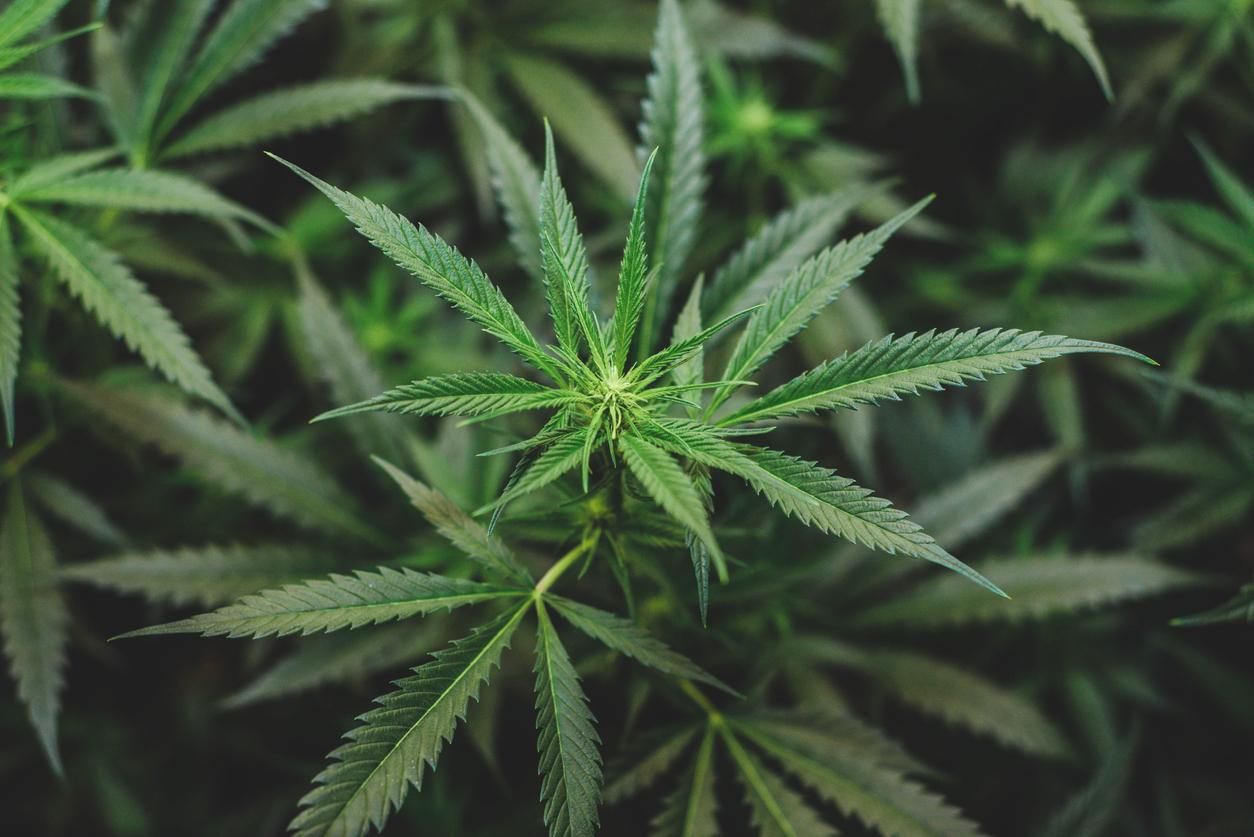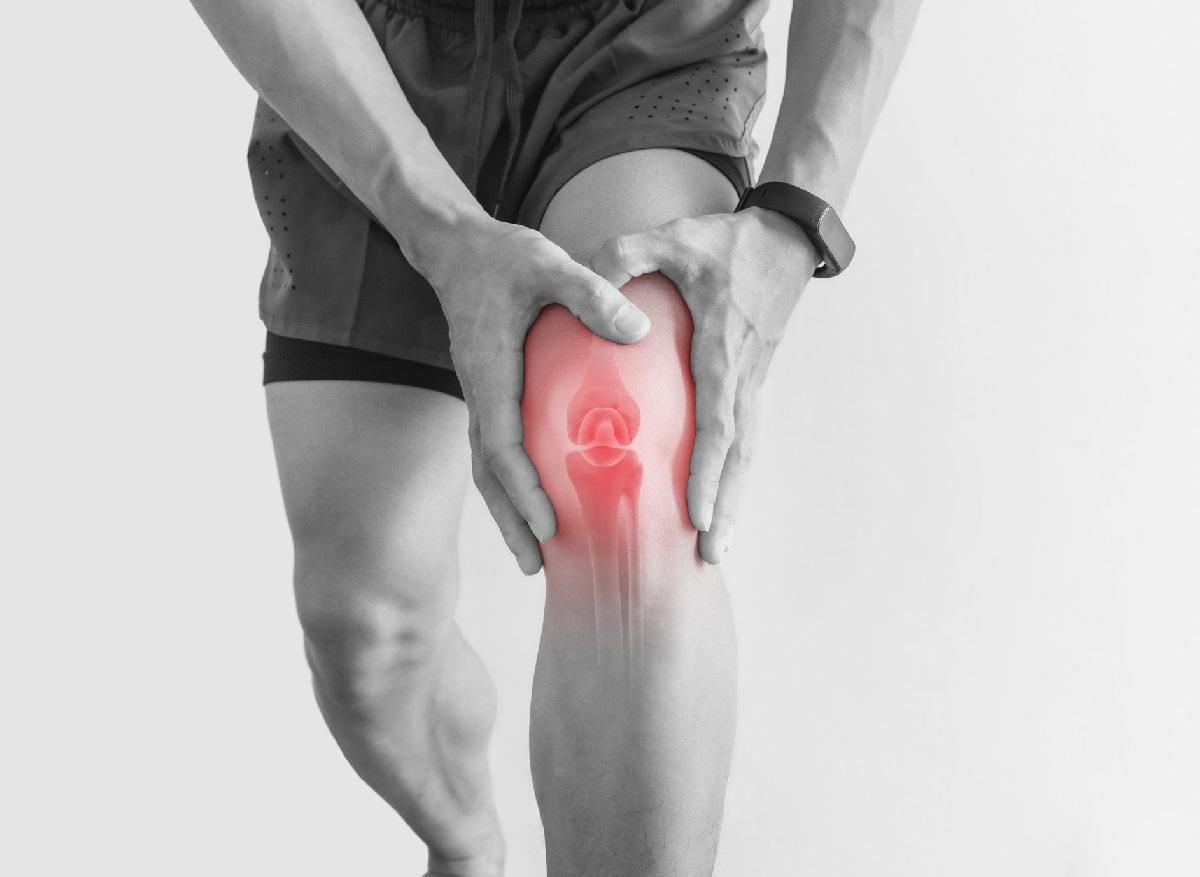Some people resort to cannabis to reduce their pain, but this relief would come from the simple fact of believing that this psychotropic substance will help them.

- 62% of the study participants were women and were between 33 and 62 years old.
- Most of the cohorts were conducted in the United States, United Kingdom, Canada, Brazil, Belgium, Germany, France, Netherlands, Israel, Czech Republic and Spain.
- The tendency to believe that a fake treatment will reduce certain ailments is called the “placebo effect”.
It is one of the most abused drugs in the world. Cannabis is only legal in a few countries for recreational use. However, some countries have legalized its use for therapeutic purposes. Although this substance (and derivative products, such as CBD) is widely used for pain relief, its effectiveness is not clear enough. This is why researchers from the Karolinska Institute in Sweden decided to carry out a study, which was published in the journal JAMA Network Open.
A meta-analysis of nearly 1,500 adults with different pain
As part of this work, they assessed the number of placebo responses in randomized clinical trials in which cannabinoids were compared to placebo in the treatment of pain. To carry out their research, the team looked at 20 studies involving 1,459 people, over the age of 18. The participants suffered from different pain conditions, such as neuropathic pain, caused by nerve damage, or multiple sclerosis. The latter were administered a placebo or cannabis products in various ways, including pills, sprays, oils and smoked products.
Cannabis is no better than a placebo for treating pain
According to the results, the pain was judged to be less intense after treatment with a placebo, with a moderate to significant effect depending on the volunteers. No difference was observed between cannabis and a placebo for pain relief.
According to the researchers, several participants were able to distinguish between placebo and cannabis products, despite having the same smell, taste and appearance. “If they know whether or not they are receiving cannabinoids, they are more likely to provide a biased assessment of the effectiveness of the intervention,” can we read in a publication of the media The Conversation. The researchers added that media coverage and online information can affect a person’s expectations of treatment.

















